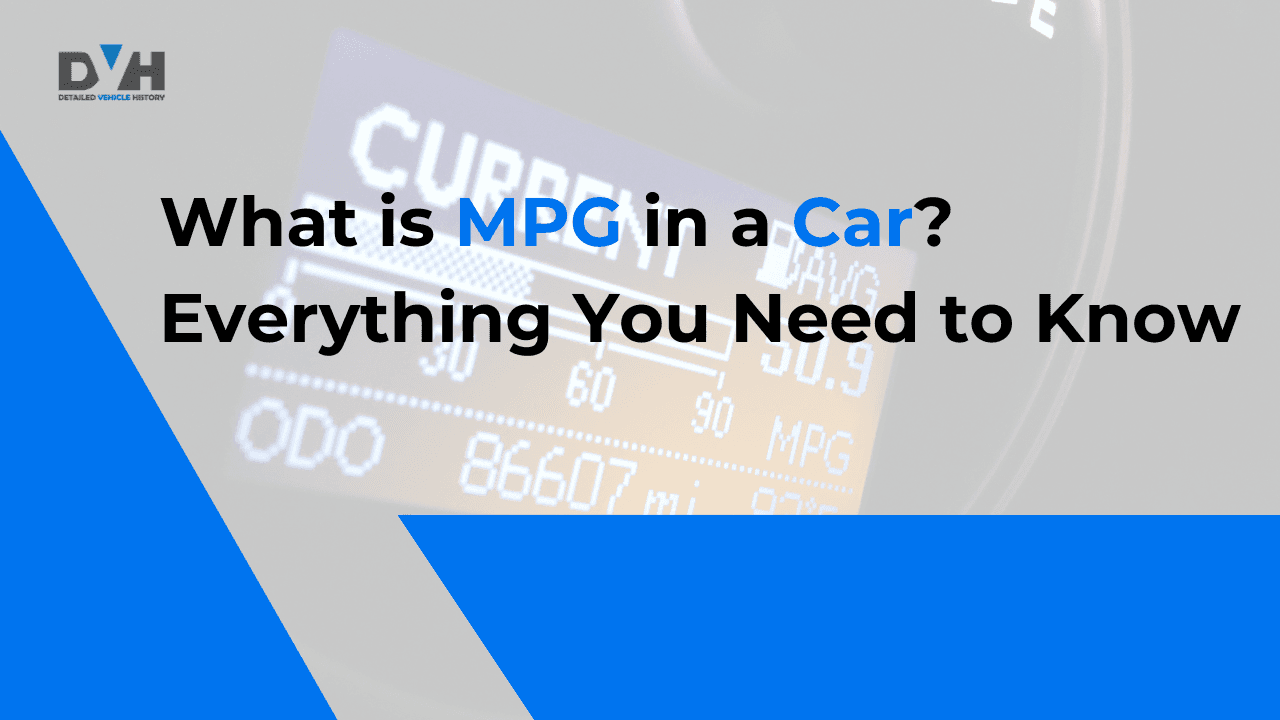Factors Affecting MPG (Miles Per Gallon)
MPG is a standard measure of fuel efficiency but numerous factors determine how high or low the MPG of a vehicle could be. Awareness of these factors can assist an individual to make right decisions on how to have higher MPG and conserve fuel.
Driving Habits
Your driving behavior has an influence on the amount of fuel your car will use. These habits include:
Speeding causes fuel efficiency to be low when more fuel is used to gain higher speed compared to slow riding. It is common knowledge that most cars get their best MPG figures at moderate speed, which usually ranges between 45 and 60 mph.
Since idling does not cover any distance, the MPG gets lowered when you let your engine run while parked, say in traffic. Shutting down the engine when you are not moving for a long time helps conserve fuel.
Vehicle Maintenance
A well-maintained car is more efficient, meaning the vehicle will use less fuel.
Low tire pressure reduces the rolling resistance and this makes the engine pull more current, hence increasing fuel consumption. Inflating your tires to the right pressure means better handling of the car's wheels, ensuring efficient driving and fuel economy.
Another practice to ensure that the car runs well is to regular oil changes. Doing so maintains the engine's lubrication, making operations more efficient.
Similarly, changing your air filter regularly also helps to maintain efficient fuel consumptions. The dust and grime in your air filters reduces the volume of air that travels to the engine for combustion, meaning the engine must work harder to combust the fuel.
Vehicle maintenance affects a car's fuel economy, so exercise caution when considering a used car by verifying the maintenance and service records by VIN and obtaining other valuable records like mileage and ownership history. Vehicle Design and Technology
The design of your car and its technology can greatly affect fuel efficiency ‘Modern cars are sleeker than the older ones, resulting in reduced drag and increased fuel efficiency.
Inversely, cars with boxy designs – like SUVs and vans – generally cause them to suffer from increased wind resistance and lower MPG.
Not only that, heavier vehicles take more energy to move than ‘lighter' vehicles. Which is why most cars with the ‘eco' and fuel-efficient branding are usually more compact.
Car manufacturers often equip their latest models with numerous inventive options in their engines, such as:
These inventions are improved incrementally every year, with every manufacturer's primary aim being a better fuel economy for their cars.


